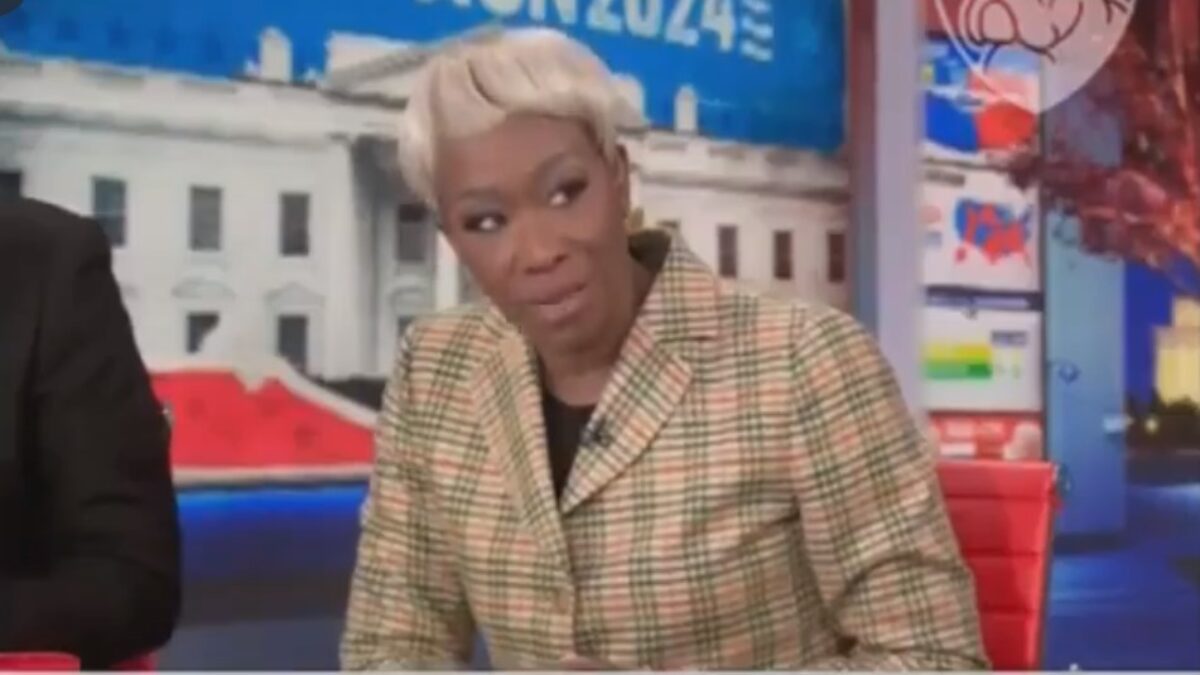The recent kerfuffle at Harvard University prompts this question: what is required for a beleaguered people to assert themselves in their own defense? MSNBC’s Joy Reid recently highlighted the same question by claiming Donald Trump’s success in the Iowa caucus was due to “too many white Christians” in the state.
While Reid lost no funding over that remark, wealthy Jewish benefactors such as Bill Ackman acted decisively once they decided high-profile university presidents had failed to respond appropriately to their students’ expressions of antisemitism. Especially Jewish donors have responded vigorously, many suspending contributions to the Ivies on account of the antisemitism students expressed after Israel’s military response to the Hamas attack on Oct. 7.
It certainly makes sense that an alum would withhold contributions to his or her alma mater when the institution’s values don’t align with the donor’s. Most people’s values would certainly not be in harmony with calls for the genocide of their own people, right?
It was over precisely this issue that Ackman found former Harvard president Claudine Gay wanting. Her responses to questions at a congressional hearing, titled “Holding Campus Leaders Accountable and Confronting Anti-Semitism,” were for Ackman far too tepid, especially her attempt to navigate around whether calls for genocide violate Harvard’s code of conduct. As most readers are aware by now, his discontent with her responses eventually resulted in Gay resigning her presidency.
Ackman wasn’t done. His reaction to Harvard students’ expressions of hatred toward Jews included a full-throttle condemnation of the “diversity, equity, and inclusion” ideology driving it. He rightly views DEI as the ideological foundation for this resurgence in antisemitism.
While Ackman’s public denunciations of DEI merit applause, he immediately belied them by putting $1 million behind Democrat presidential candidate Dean Phillips, a staunch DEI supporter. Indeed, Ackman’s stance is also a bit Johnny-come-lately as far as objections to extreme rhetoric go.
When the Harvard contretemps first hit the news cycle, in a conversation aired on X, Tucker Carlson and Candace Owens pointed out that institutions of higher learning have been fecund ground for extreme anti-white rhetoric for decades, without any pushback from donors or the population at large. In fact, amongst the intelligentsia, anti-white rhetoric is positively fashionable, and has been for some time.
I’m sure people remember the inimitable Susan Sontag and her 1967 indictment of the white race in Partisan Review as “the cancer of human history.” It would have been very difficult to find an academic in the last four decades willing to publicly denounce that statement as objectionable.
For Harvard’s Noel Ignatiev, white-loathing was virtually a life’s work. As a tutor and part-time instructor at Harvard, Ignatiev enjoyed a respectable base from which to promulgate his desire to “abolish the white race,” a sentiment fleshed out in his journal Race Traitor, which he co-founded and edited.
Calls for eradicating “whiteness,” which sophists such as Ignatiev have clumsily attempted to distinguish from white people, have been so steady in the last few years, and the drumbeat of anti-white sentiment so pervasive, that denigrating white people has become the ideological backdrop of American cultural and political life. Hence, the ease with which Reid bemoaned the existence of white Christians in Iowa. Contrary to how news leads represented her opinion as a “rant,” it was instead a calm statement of what appears to be, to both Reid and her audience, an unremarkable opinion.
What is it that finally motivates people to stand up for their race? Way back during Ignatiev’s heyday, it appears no one bothered to question whether his comments violated Harvard’s code of conduct. Further, from my own frustrated experience with trying to bring this issue into the public sphere, I am forced to ask why objections to white erasure are verboten.
It appears there’s a tacit distinction underlying these vastly different responses to calls for erasure—the one muscular, the other non-existent. That distinction should be articulated more honestly. Otherwise it seems the missing element in a forthright defense of one’s race from calls for extermination is a sense of historical victimhood.








